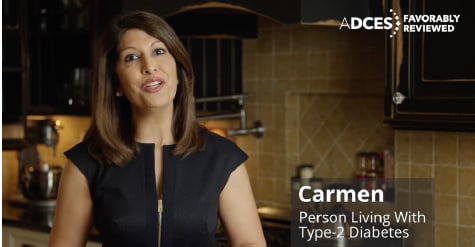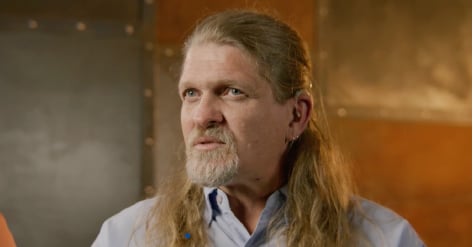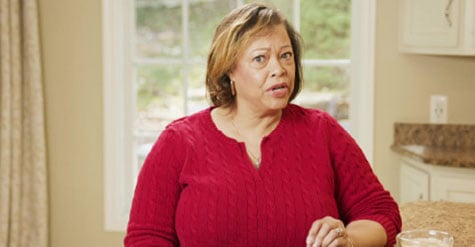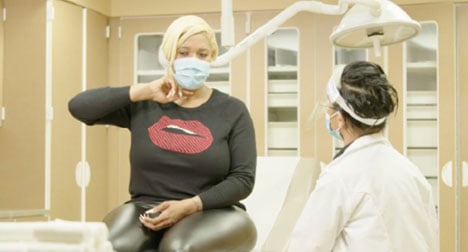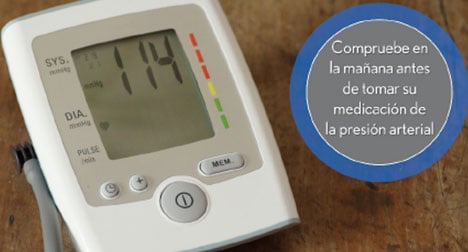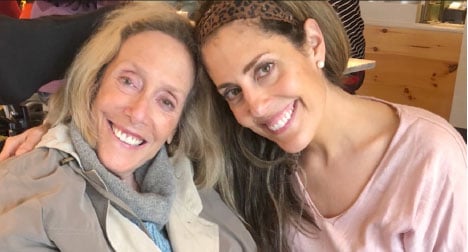Creating Equity is in Our DNA Since our Studio’s Founding in 2018
Mytonomy is changing how healthcare systems communicate and educate patients of all different backgrounds. According to Mytonomy CEO and Co-founder Anjali Kataria, health equity has been a significant focus for the company since its inception. Kataria explains, "We believe that how we communicate with patients must be inclusive and relevant to all patient groups. Our technology is designed to deliver the highest possible patient engagement rates, including reaching some of the country’s most historically underserved and underrepresented populations."
Mytonomy Opens Spanish Clinical Studio
We established a Spanish clinical studio to expand our commitment to delivering diverse patient content. Native-speaking Spanish writers, producers, editors, and translators comprise our Spanish studio so we can make even more of our library accessible to Spanish speakers.
Mytonomy features a diverse range of clinicians and actors in our materials. Patients appreciate seeing people that look like themselves. Our equity and inclusion efforts don’t end there. Our largest content area, cardiometabolic conditions, with over 400 videos, reflects insights gained from asking different racial and ethnic groups about their attitudes toward blood sugar and healthy eating.
According to Mytonomy Medical Director Dr. Seema Kumar, “The result is highly-relatable content that doesn’t merely focus on what not to do but provides insights into how you can best manage your self care and be informed as you make your healthcare decisions. Our content is uplifting in that it meets patients where they are and provides a positive way forward.”
To see what we mean, watch our series of healthy eating videos for patients living with diabetes, including Diabetes and a Traditional Indian Diet, Diabetes and a Mexican Diet, Diabetes and a Puerto Rican Diet, and Diabetes and a Southern Soul Food Diet.




